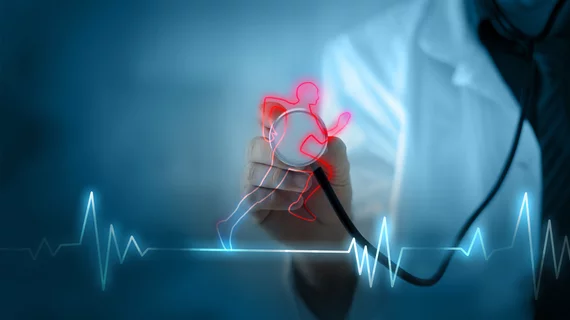Researchers rig CIEDs to help track, predict AFib
New research out of Spain suggests we’re one step closer to personalized medicine for patients with atrial fibrillation.
The effort, led by David Filgueiras, MD, PhD, and colleagues at the Centro Nacional de Investigaciones Cardiovasculares (CNIC) in Madrid, involved 51 hospitals across Spain, a country where some 600,000 people struggle with AFib. Filgueiras and colleagues wrote in Europace that the illness tends to begin with short-duration episodes that resolve themselves, but by the time arrhythmic episodes are longer and the condition becomes apparent to patients, it’s already done some damage.
“Once atrial fibrillation develops, its progression varies significantly between patients,” Filgueiras said in a release. “In some, a pattern of repeated short episodes is maintained for years, whereas in others it progresses rapidly to longer episodes associated with atrial dilation and major difficulties in controlling heart rhythm.”
A solution that allows physicians to monitor patients’ AFib status in real-time could help care teams intervene at the right time and with the right treatment instead of waiting for the arrhythmia to progress to a dangerous, harder-to-control state.
Filgueiras et al. used data from dozens of Spanish hospitals to determine whether standard data transmission technology could be installed in implantable CV devices like pacemakers and defibrillators to help patients’ doctors monitor cardiac electrical activity during episodes of AFib. Physicians successfully used the tech to track and predict the progression of the disease in around 5,000 patients.
The authors said their findings also suggest the data transmission technology could be used to monitor the influence of different interventions on disease progression.
“This technology opens up enormous possibilities in personalized medicine for atrial fibrillation patients because it allows us to determine the progression rate of the arrhythmia in each individual and to optimize the timing of medical intervention with current treatment options,” Filgueiras said.

